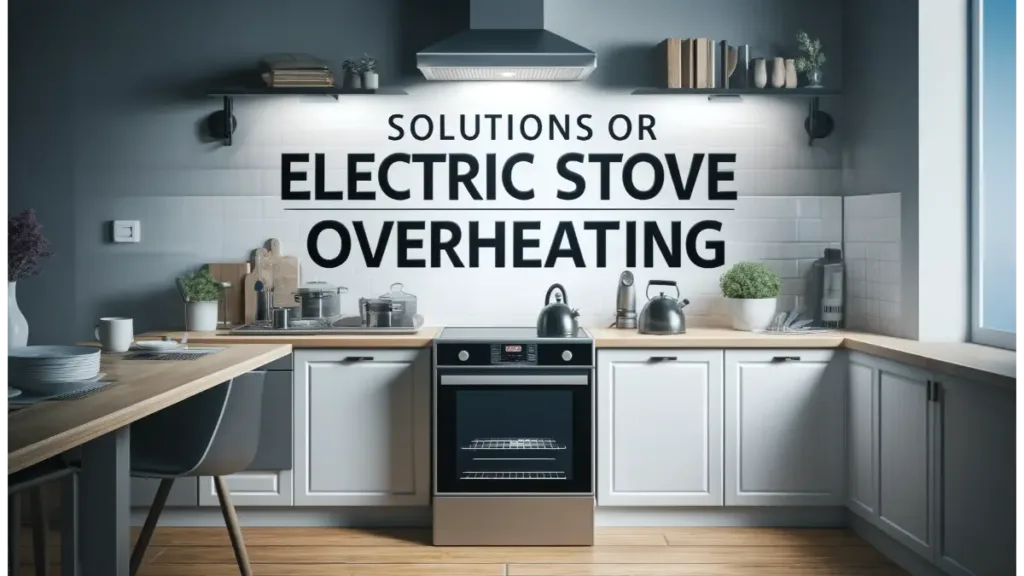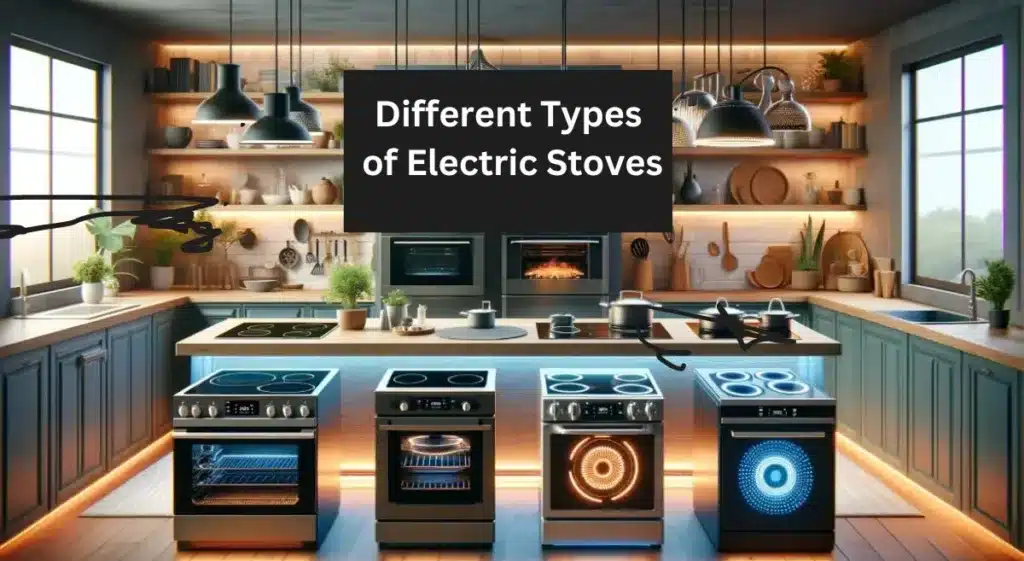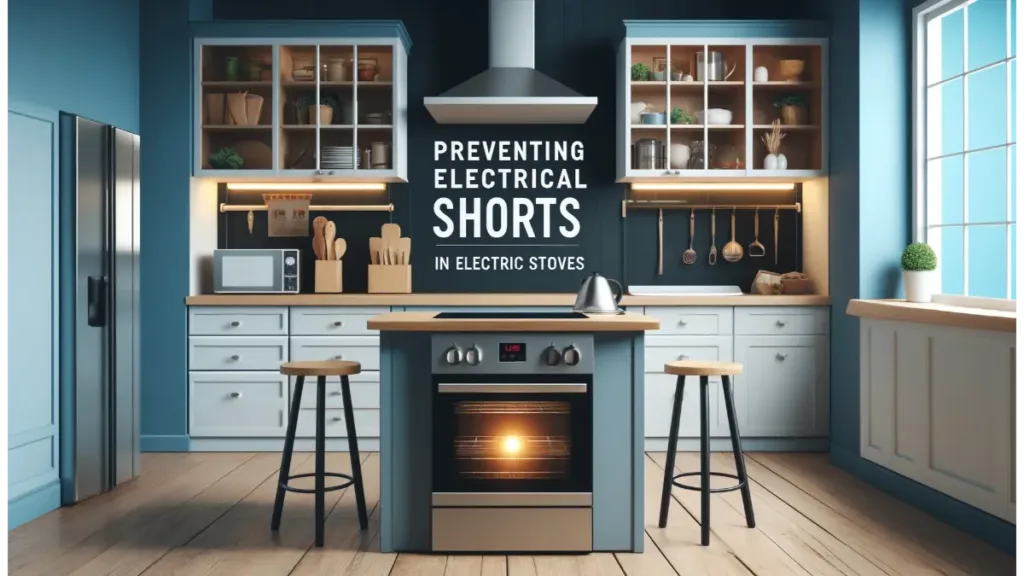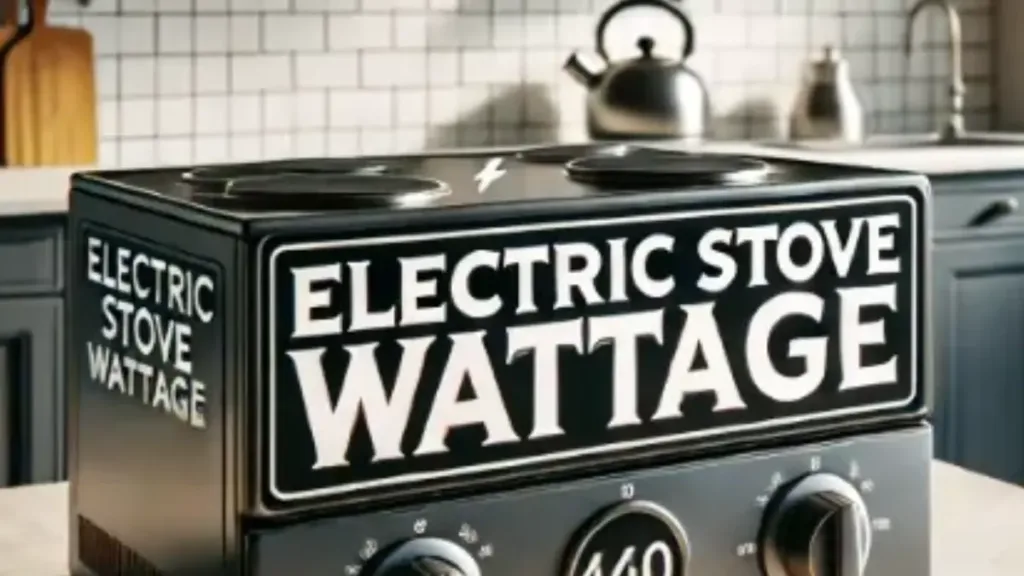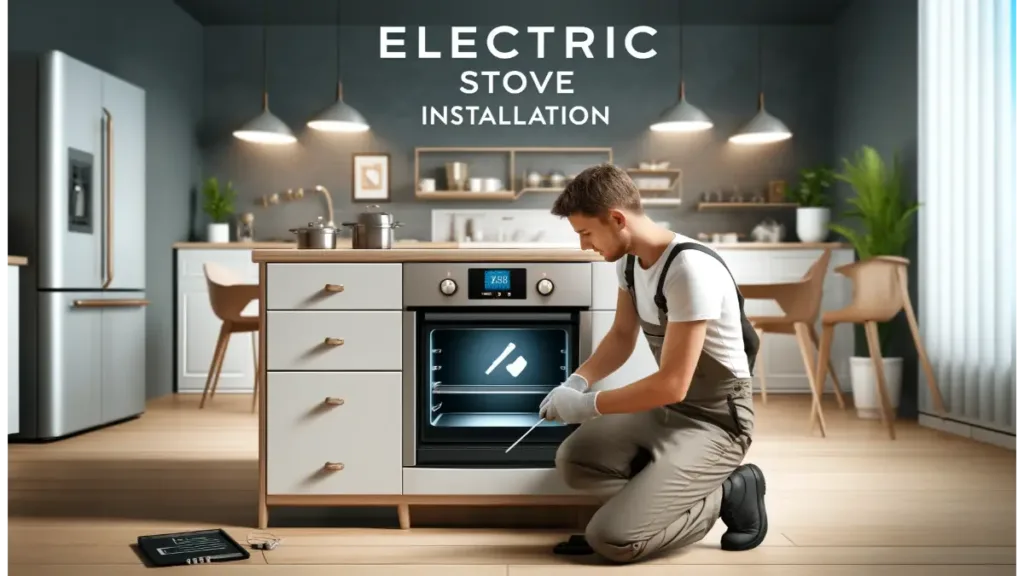Solar power usage in homes has sharply increased by over 60% in the last decade. As homeowners search for sustainable and cost-effective energy solutions, many wonder, “Can electric stoves use solar power?”As solar technology continues to advance, solar panels are becoming more efficient and affordable, making them an attractive option for homeowners.
Solar power, in particular, is gaining popularity due to its affordability and accessibility. Adopting eco-friendly energy solutions in modern homes is more important than ever.
We aim to provide a comprehensive guide on considerations and benefits, helping you understand how solar power can meet the energy needs of your electric stove. By the end, you’ll have a clear idea of whether using solar power for your electric stove is the right choice for you.
Understanding Solar Power
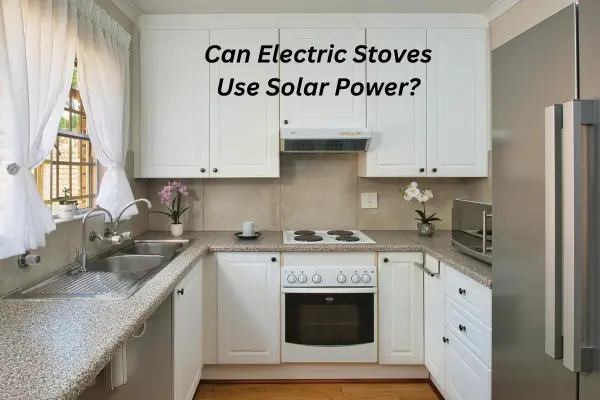
What is Solar Power?
Solar power is energy from the sun that is converted into electricity. The basic principle is the conversion of sunlight into electrical energy using photovoltaic (PV) cells, which are the main components of solar panels.
How Solar Panels Work: Solar panels are made up of many PV cells, usually made from silicon. When sunlight hits these cells, it knocks electrons loose from their atoms. This creates an electric current as the electrons move through the cell. The electricity generated is in direct current (DC) form, which needs to be converted to alternating current (AC) to be used in homes. This conversion is done by an inverter.
Components of a Solar Power System
- Solar Panels: Solar panels are the main part of a solar power system. They capture sunlight and convert it into electricity. Panels are usually installed on the rooftop with maximum sun exposure.
- Inverters: Inverters convert the DC electricity produced by solar panels into AC electricity, which is the type used by most household appliances.
- Batteries: Batteries store excess electricity generated by solar panels. This stored energy can be used when the sun isn’t shining, such as at night or during cloudy days.
- Charge Controllers: Charge controllers regulate the voltage and current coming from the solar panels to the batteries.
Types of Solar Power Systems
Grid-Tied:
Grid-tied solar power systems are connected to the local electricity grid. This means that any excess electricity generated by your solar panels can be sent back to the grid. In return, you can draw electricity from the grid when your solar panels aren’t producing enough power.
Off-Grid:
Off-grid systems are completely independent of the local electricity grid. They rely entirely on solar panels and battery storage for power. This type of system is ideal for remote locations where connecting to the grid is not feasible. However, it requires a larger battery bank.
Hybrid:
Hybrid systems combine the benefits of both grid-tied and off-grid systems. They are connected to the grid but also have battery storage. This allows for the use of stored solar power when needed and the ability to sell excess power back to the grid. Hybrid systems offer flexibility and enhanced reliability.
Compatibility of Electric Stoves with Solar Power
Can Electric Stoves Use Solar Power?
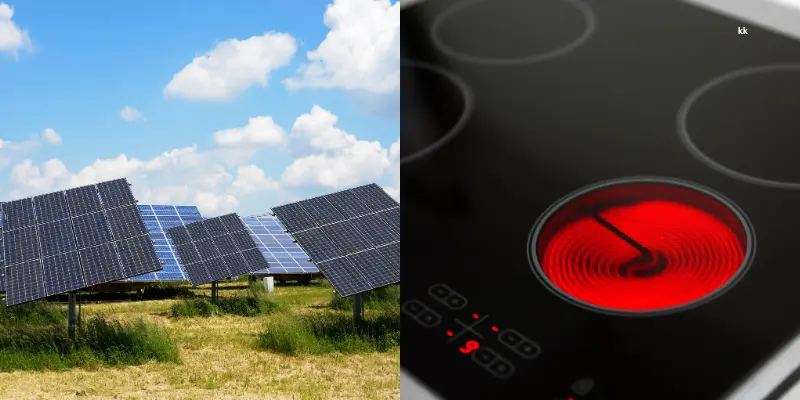
- Electricity Consumption of Electric Stoves
Electric stoves typically consume a significant amount of electricity. On average, an electric stove uses about 1,000 to 3,000 watts of power per hour.
For more details explore Electric Stove Wattage: How Many Watts Does an Electric Stove Use?
However, several factors influence the electricity consumption of an electric stove such as larger stoves with more burners, cooking multiple meals a day, and using the oven.
- Solar Power Output
Solar panels’ energy production depends on various factors such as location, sunlight availability, and panel efficiency. On average, a standard solar panel produces between 250 to 400 watts per hour.
- Matching Power Supply and Demand
To match the power supply to your stove’s energy demand, calculate the number of solar panels required. If each panel produces 300 watts per hour and receives 5 hours of sunlight a day, one panel generates 1.5 kWh per day. For a stove using 4 kWh daily, you would need about 3 solar panels (4 kWh / 1.5 kWh per panel).
How Solar Power Works for Electric Stoves
- Solar panels installed on your roof capture sunlight and convert it into electricity.
- This electricity can be used immediately or stored in batteries for later use.
- The stored electricity is used to power your electric stove, allowing you to cook meals using renewable energy.
Installation and Setup
Here’s how you can set up your system for optimal performance:
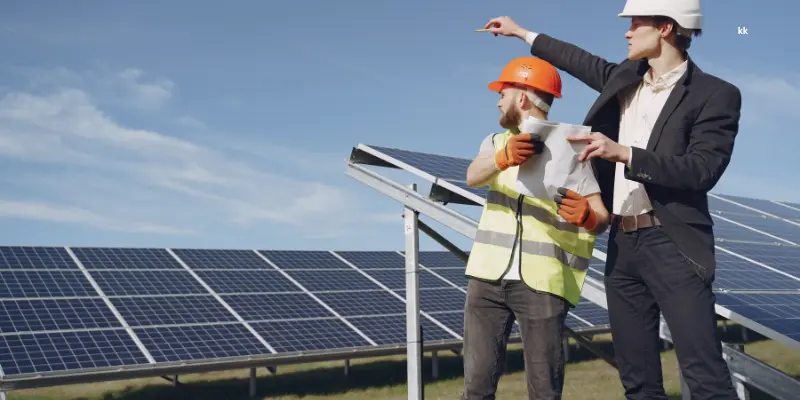
Assess Your Energy Needs
- Calculate the wattage your electric stove requires. Electric stoves typically use between 2,000 to 5,000 watts. Determine how many solar panels are needed.
- On average, a standard solar panel produces around 300 watts per hour. You might need about 3 to 4 panels, depending on your stove’s power consumption and daily usage.
Install Solar Panels
- Place the solar panels where they receive maximum sunlight. This is usually on the roof or an open area with minimal shading.
- Ensure the panels are tilted correctly to capture the most sunlight throughout the year.
Choose the Right Inverter
- The inverter converts DC power from the solar panels into AC power, which is used by your electric stove.
- Select an inverter that matches your stove’s energy requirements.
Set Up Battery Storage
- Batteries store excess energy generated during the day for use at night or on cloudy days.
- Choose batteries with sufficient capacity to meet your stove’s energy needs. Lithium-ion batteries are a popular choice due to their efficiency.
Professional Installation
- Hire a professional installer to set up your solar power system. They will ensure that all components are correctly installed and safely connected.
- Click here to follow electric stove safety guidelines.
- Proper installation maximizes efficiency and prevents potential hazards.
Using a Hybrid System
- A hybrid system combines solar power with grid power, providing a reliable backup.
- This ensures your stove continues to operate even when solar power is insufficient, such as during prolonged cloudy periods.
Costs and Financial Considerations
Initial Investment: The initial investment for a solar power system includes the cost of solar panels, inverters, and batteries. Solar panels can cost anywhere from $3,000 to $10,000 or more, depending on the size and quality.
Inverters, which convert solar energy into usable electricity, typically cost between $1,000 and $3,000. Batteries for storing excess energy can range from $2,000 to $10,000, depending on their capacity and quality.
Installation and Maintenance Costs: Hiring professional installers adds to the initial cost. Installation can cost between $5,000 and $10,000, including labor and necessary permits. Regular maintenance, such as cleaning the panels and checking the system, is also needed.
Benefits of Using Solar Power for Electric Stoves
Using solar power to run your electric stove has many benefits. Here are the main advantages:
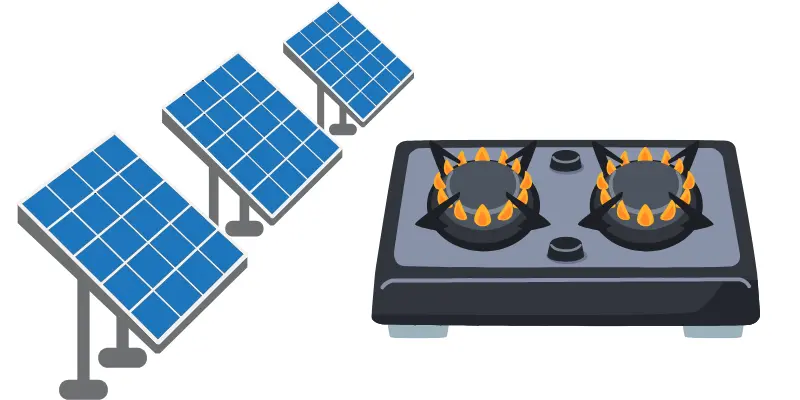
Saves Money
- Since you are using the sun’s energy, you don’t need to buy as much electricity from the power company.
- Sunlight is free. Once you have solar panels, you can use the sun’s energy without extra costs.
Good for the Environment
- Solar power doesn’t produce harmful gases or pollution, making it a clean energy source.
- The sun will keep shining, so solar power won’t run out. It’s a sustainable way to get energy.
Low Maintenance
- Solar panels are built to last and usually come with long warranties. They can last 20-25 years or more with little maintenance.
- Once installed, solar panels require very little maintenance. Occasionally, they may need cleaning to ensure they work efficiently.
Reduced Carbon Footprint
- Solar power doesn’t produce greenhouse gases like carbon dioxide, which are responsible for global warming. By using solar power, we can significantly reduce our carbon footprint.
- Since solar power doesn’t emit pollutants, it helps improve air quality, which is beneficial for our health.
Renewable Energy Source
- Solar energy is a renewable resource, meaning it won’t run out as long as the sun is shining. Solar power is sustainable and available every day.
- By using solar power, individuals and communities can become less dependent on fossil fuels, leading to greater energy security and independence.
Reduction in Pollution
- Solar power systems do not produce air pollutants, which can cause smog and respiratory problems. This leads to cleaner air.
- Solar power systems also don’t pollute water sources.
Government Incentives
- Many governments offer financial incentives to help with the cost of installing solar panels. These can include tax credits or rebates, making it cheaper to go solar.
Challenges and Considerations
Using solar power for your electric stove has many benefits, but there are also some challenges and considerations to keep in mind. Here are the main points:
- Initial Cost: Installing solar panels and a battery system can be expensive. The upfront cost includes buying the panels, batteries, and paying for installation.
- Weather Dependent: Solar power relies on sunlight, so it may not be as effective in areas with frequent cloudy or rainy days.
- Space Requirement: You need enough space on your roof to install the solar panels.
- Energy Storage: Batteries to store solar energy can be expensive. While solar panels are low maintenance, batteries require some upkeep to ensure they work properly over time.
Conclusion
With advancements in solar technology and increasing financial incentives, now is the perfect time to consider making the switch.
Embrace the future of eco-friendly cooking and enjoy the benefits of a solar-powered electric stove. Overall, using solar power for electric stoves is a sustainable and cost-effective way to cook, benefiting both you and the planet.

